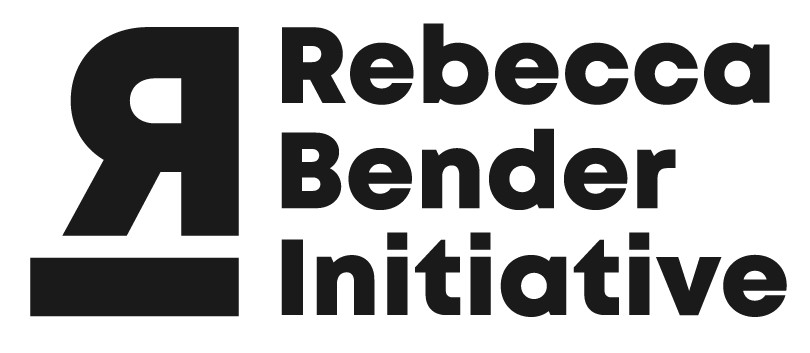Supporting Transgender Survivors: Breaking Barriers and Creating Inclusive Services
As a passionate advocate for survivors of human trafficking, I've had the privilege of working closely with individuals from diverse backgrounds. In today's blog post, I want to shed light on the unique challenges faced by transgender survivors and the difficulties in finding supportive services. We'll explore limited housing options, discrimination, and the stigma associated with trans women. Let's understand these barriers and work towards building a more inclusive and accessible support system for everyone.
Limited Housing Options: Providing Safe Spaces for All
When it comes to housing, transgender survivors often find themselves in a tough spot. Existing shelters and housing programs tend to overlook the diverse needs of trans individuals, leaving them without a safe and affirming place to stay. Male shelters might not be the right fit due to discomfort or exclusion. In contrast, female shelters may struggle to accommodate trans women due to societal biases and a lack of understanding.
To overcome this challenge, we must advocate for more gender-inclusive housing options. By collaborating with local shelters and educating their staff about the unique needs of transgender individuals, we can pave the way for policy changes that promote inclusivity and respect. Additionally, supporting the establishment of dedicated safe spaces explicitly designed for trans survivors can provide them with a sense of security and acceptance.
Discrimination and Transphobia: Fostering Empathy and Understanding
Unfortunately, discrimination and transphobia persist in our society, and this affects the ability of transgender survivors to access support services. Negative stereotypes and biases often lead to mistreatment, exclusion, or even outright denial of assistance. Such experiences can leave survivors feeling unheard, unsupported, and disheartened.
To tackle this issue head-on, investing in comprehensive training programs for service providers is crucial. By enhancing their cultural competency and awareness of transgender issues, we can equip them with the knowledge and tools necessary to offer empathetic and respectful care. Through this training, we can promote an understanding of gender diversity, educate on appropriate language use, and foster an environment where trans survivors feel safe and supported.
Stigma and Isolation: Shaping a Culture of Acceptance
Transgender individuals, particularly those who have experienced sex trafficking, often face significant stigma and isolation. Society's perception of trans women can result in marginalization and social exclusion, making them more vulnerable to trafficking and less likely to seek help. The combination of the stigma associated with sex work and being transgender adds additional layers of challenge for survivors.
To counteract this stigma and foster inclusivity, we must engage in advocacy efforts that raise awareness about the unique struggles faced by trans survivors. Challenging societal stereotypes, promoting positive narratives, and highlighting the strength and resilience of transgender individuals are decisive steps toward creating a more accepting culture. Together, we can empower trans survivors to access the support they need without fear of judgment or discrimination.
Supporting transgender survivors of sex trafficking requires us to address their specific challenges. By focusing on limited housing options, discrimination, and the associated stigma, we can create an environment that supports the healing and recovery of all survivors, regardless of their gender identity.
Our collective responsibility is to advocate for the rights and well-being of trans individuals, working towards a world where they can access the support they need without facing additional barriers. Let's build a society that values and respects all survivors, empowering them to heal and thrive.
Together, we can make a difference!
How do we advocate for trans or gender-non-conforming clients? What progress and resources have you found?
Share with us in the comments below!


